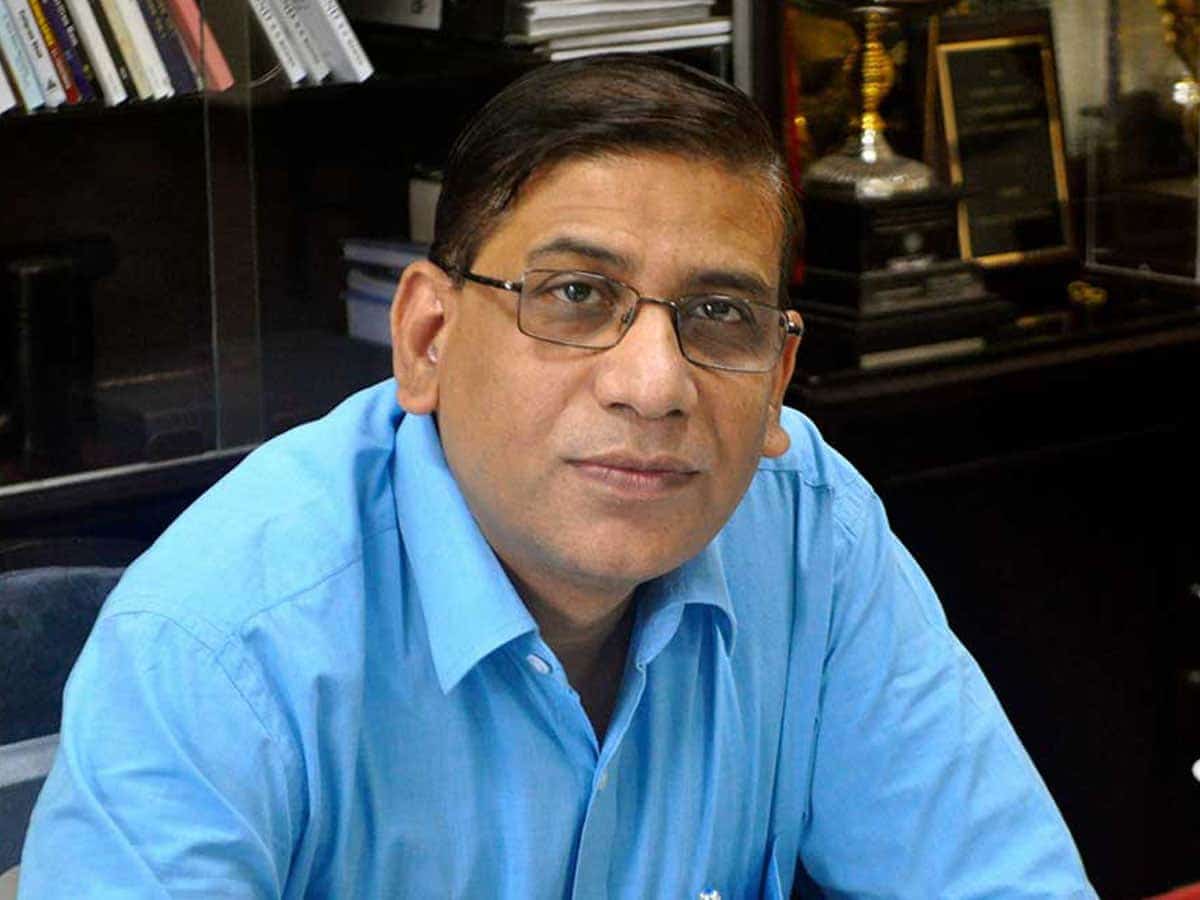Hyderabad: Prof Faizan Mustafa, Vice Chancellor of NALSAR Law University, Hyderabad, has said that given the circumstances the best criminal reform should be to abolish the prisons.
“If one wants to judge the society or civilization of a country one should look at the condition of the jails in that country,” she said.
The public intellectual and law expert Mustafa was expressing his views on his YouTube channel, Legal Awareness web series.
Prof Mustafa laments that Indian jails are in such poor conditions that there is nothing good of which India could be proud of.
He says but for a few most of the jails have inmates more than the capacity.
Giving an example, he says in Delhi jail instead of 100 prisoners, there are 153 prisoners. On 31 January there should be a total of 10,026 prisoners in jails. Instead there were 17,87.
There should be one toilet for each 25 inmates but the ratio is one toilet for 50-70 inmates. The jails are infested with mosquitoes, flies, bugs, rodents and insects. “Instead of giving priority to these problems the government has sanctioned Rs. 20,000 crore to renovate Rajpath,” he added.
“The hanging of Nirbhaya rape case convicts is a remark on our civilization. Today the world has progressed, the principles and methods of punishment have been changed. The policy of revenge like an eye for an eye or a head for head or hand for hand are now regarded as inhumane. In spite of the capital punishment in Nirbhaya case the crimes and violence against the women did not come down,” he explained.
“…We think that by increasing the severity of punishment, we can control crimes. But this incorrect,” he said.
Giving example of the social democratic countries of Scandinavia where he said that the system of punishment is humane. “The ratio of imprisonment in Iceland is 36% per one lakh. Whereas, our jails are overcrowded; our children are in juvenile centres, our people are in detention centers. We have 466,084 inmates in our prisons,” he said.
Coronavirus has reached Tihar jail. Nineteen inmates have been quarantined. Most of the inmates are of the age of 50 and above. They are more prone to coronavirus.
He laments on the judicial system wherein 67 percent of the persons who are in jails have charges proved against them. They are all under trial for many years. There is a possibility that many of them would be proved innocent. Only one third of the inmates are those against whom the crime is proved. He thinks for every 3 prisoners, two are innocent.
He says, for the rich there is a bail, for the poor there is jail. He further adds, the people who are suffering in the jails for their unproved crimes may have spent less time in the jails if the crimes were proved against them.
He gives an example of the USA where 22,000 persons who have been involved in drug related cases have been released.
He states, a civilized system keeps less number of prisoners in the jails and argues that by punishments and by constructing jails, the ratio of crimes will not come down. He is also against death penalty.
Prof Mustafa says that since coronavirus has already reached the overcrowded jails Shobha Gupta had filed a petition with the Delhi High Court to release the prisoners temporarily on bail from Tihar, Mandawali and Rohini jails.
Hence, the Chief Justice of India, S.A. Bobde has ordered all the states to establish high powered committee that should determine which class of prisoners can be released on parole to reduce the number of inmates.
The Supreme Court asked the states to consider bail for all those who are under trial facing up to 7 years in jail to decongest prisons.
Prof Mustafa welcomes this decision of the Supreme Court and wants some more amendments.
Mustafa is a senior constitutional teacher currently working as the Vice Chancellor of National Academy of Legal Studies and Research (NALSAR) University of Law, Hyderabad.

